Svetlana Alexievich’s Verbatim Theater
In her exploration of the Chernobyl disaster, Svetlana Alexievich dramatizes history—as she insists, we can only understand events of this magnitude by recasting them on a human scale.
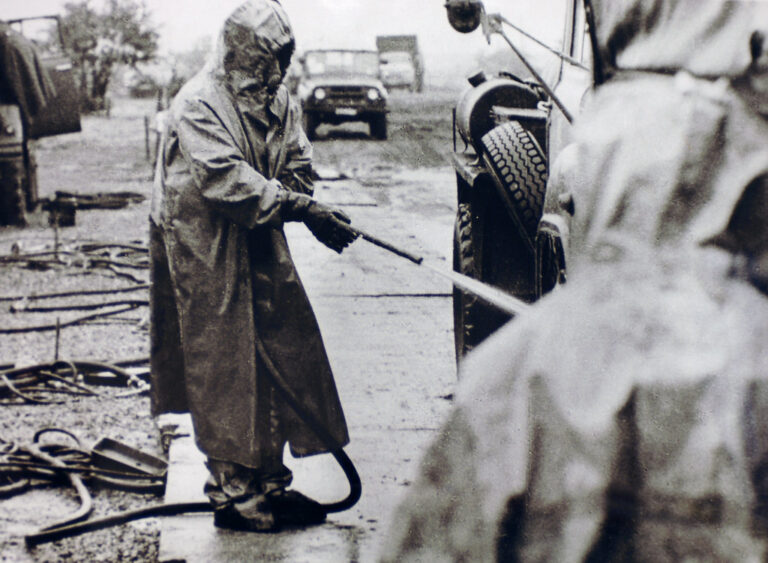
In her exploration of the Chernobyl disaster, Svetlana Alexievich dramatizes history—as she insists, we can only understand events of this magnitude by recasting them on a human scale.
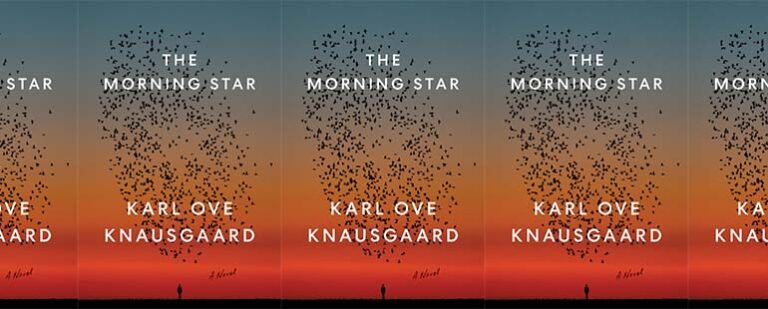
Karl Ove Knausgaard’s new work compels readers to pay attention to the dissolution of animal life and our reliance on it, to the ends of relationships, to the shortness of the human life span, and to the book’s own looming narrative endpoint. In this novel, all things have an end.
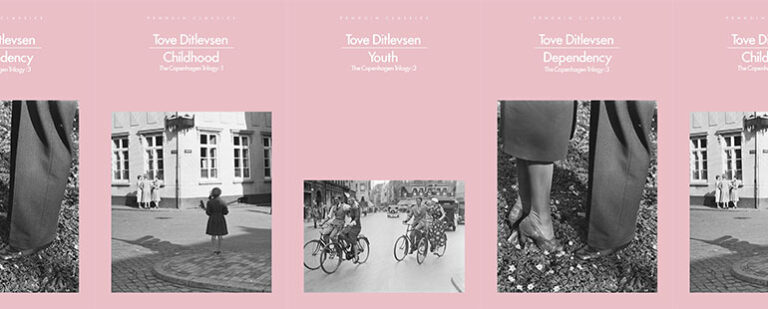
Devastatingly, Tove Ditlevsen’s three-part memoir suggests that acquiring a room of one’s own and becoming a successful writer does not preclude sharing the fate of one’s mother.
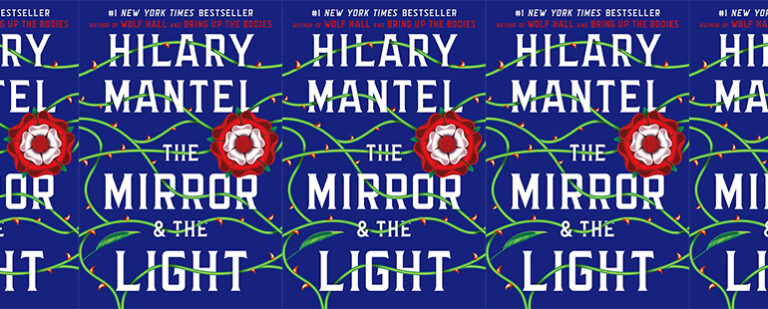
The final book in Hilary Mantel’s award-winning trilogy completes the suggestion that time is the mirror in which we see ourselves, and that the uncertain reflections we cast change according to the source and quality of the light.

Susanna Clarke’s 2020 novel speaks both to the impossibility of truly reenchanting the world and the desperate desire to do so.
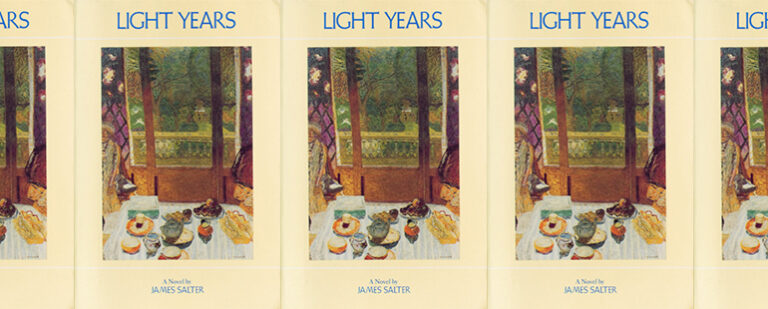
In James Salter’s 1975 novel, style is a form of truth, or at least one of the more direct means of apprehending truths. In the rhythms of his descriptive passages, one gets a sense that he has conveyed a sense of the world as it really is.
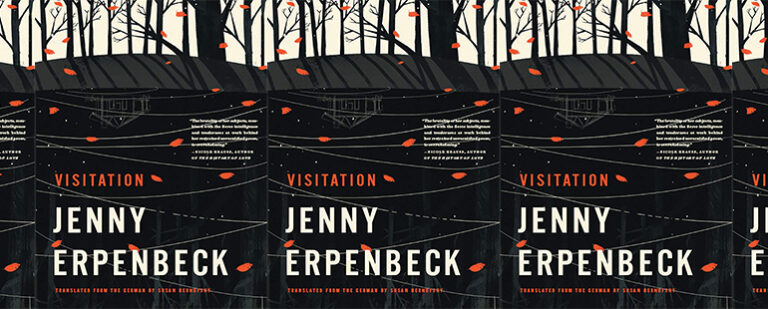
Erpenbeck’s 2008 novel, centered on the history of a small parcel of land on the edge of the German lake known as the Märkisches Meer, is a sophisticated retelling of the Creation and Fall stories from the biblical book of Genesis.
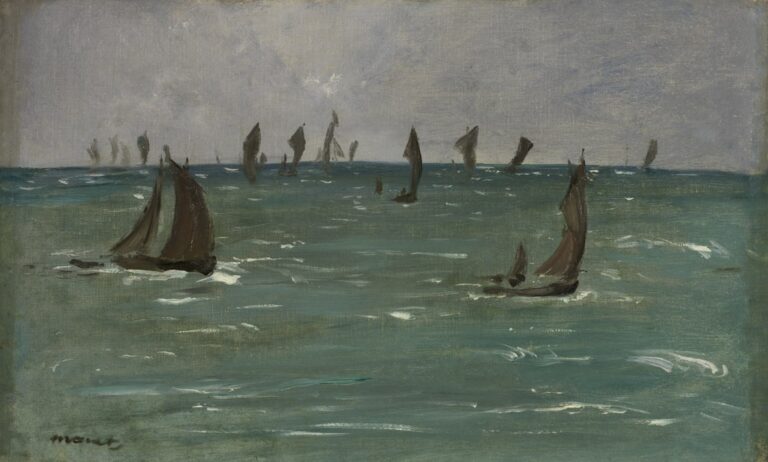
Illness is not Blecher’s subject as much as it is the occasion that forces his protagonists into a world of previously unavailable experience—a world that makes it impossible for those who fall ill to ever be “cured” of the way of being, seeing, and thinking into which they have now been initiated.
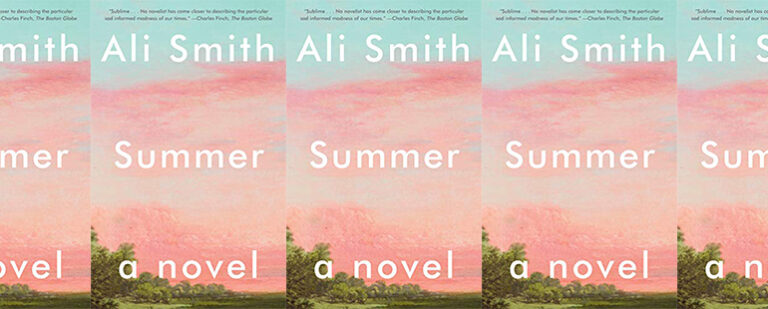
It is the subjective “us,” that most basic of true fictions that we use to explain our existence in the present, and, more generally, in time, that interests Ali Smith.
No products in the cart.